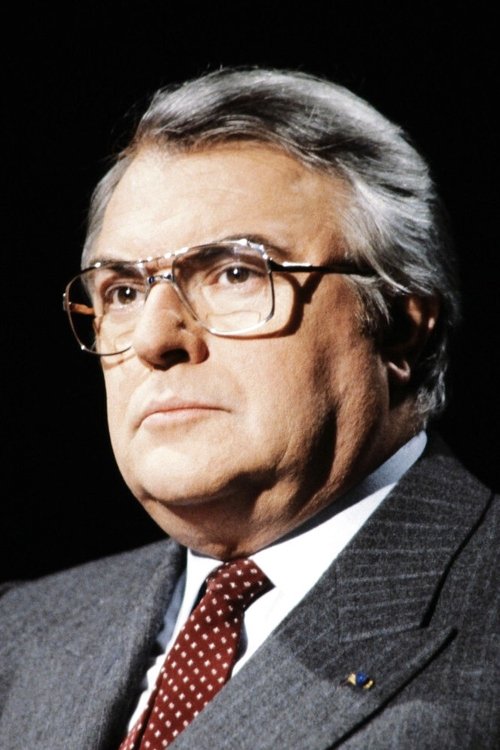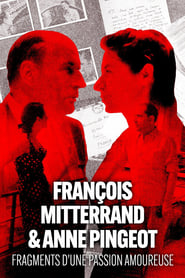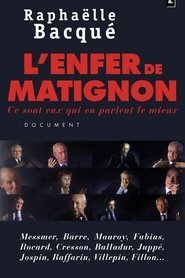detail profile pierre mauroy

Riwayat Hidup
Pierre Mauroy (5 July 1928 – 7 June 2013) was a French Socialist politician who was Prime Minister of France from 1981 to 1984 under President François Mitterrand.
Mauroy also served as Mayor of Lille from 1973 to 2001.
At the time of his death Mauroy was the emeritus mayor of the city of Lille.
He died from complications of lung cancer on 7 June 2013 at the age of 84.
He is the namesake of Lille's new stadium, Stade Pierre-Mauroy.
As prime minister, Mauroy's government implemented a range of social reforms during its term.
These included reducing the legal workweek, lowering the retirement age, increasing social welfare benefits, and extending entitlement to paid holidays.
The government increased state industrial investment, provided credit to private industry, created new civil service jobs, and launched a housebuilding drive.
It also reduced the burden of direct taxes on lower-income groups, increased the minimum wage and unemployment benefits, and extended health care coverage.
The Mauroy government also introduced measures to promote voluntary retirement, early retirement, and improve socio-economic conditions in low-income neighborhoods.
Harsh immigration statutes were reversed, new rights were introduced for helper spouses, and an anti-discriminatory Professional Equality Law was enacted.
The government also passed decentralizing laws that transferred responsibilities for urban and economic planning to municipalities and regions.
These policies significantly improved the living standards of the less well-off in French society, reducing poverty during Mauroy's term in office
In the early 1980s, the Mauroy government introduced several ordinances and laws aimed at promoting gender equality, improving working conditions, and increasing access to education.
These included limiting the duration of fixed-term contracts and assignments, opening up civil service jobs to women, abolishing tax laws that favored the head of the household, and providing special aid to farmers.
The government also increased funding for education and created new teaching positions, particularly in technical education, and established Educational Priority Zones to address academic failure in depressed areas.
Reforms were also introduced to make entry to the National School of Administration more accessible to a wider range of French society, including raising the age limit and reducing the advantage of upper-class applicants.
.
.
Source: Article "Pierre Mauroy" from Wikipedia in English, licensed under CC-BY-SA 3.
0.
Info Pribadi
Peran Yang Di Mainkan Pierre Mauroy
 In the summer of 1963 Franois Mitterrand...
In the summer of 1963 Franois Mitterrand...François Mitterrand & Anne Pingeot: Pieces of a Love Story 2021
In the summer of 1963, François Mitterrand was going through a deep existential crisis. His political career was at a standstill and, after 19 years of marriage, the couple had grown apart. It was at this point that François Mitterrand met the woman who was to give new meaning to his life. Anne Pingeot, aged 19, was to become the companion of a lifetime, a woman who would be with him throughout his rise to power and who would remain by his side until his last breath. For the first time, Anne Pingeot has agreed to allow the fragments of this passionate love story — hundreds of letters and a diary — to be shown on television, before being donated to the National Library.
 In a series of long interviews 12...
In a series of long interviews 12...L’enfer de Matignon 2008
In a series of long interviews, 12 prime ministers talk about their experience in the upper echelons of power. The function of prime minister, torn between the president and the parliament, appointed without necessarily being elected but responsible for everything, is at the center of debate. With the exception of Jacques Chirac (1974-1976 and 1986-1988), deliberately left out because of his image as French President, those who governed France for the past 35 years agreed to discuss the exercise of power, as seen through archive footage, but also how they experienced it personally. Filmed in the same studio and sitting in the same chair, 12 French prime ministers talk freely about their time in office, from their appointment until their resignation.
